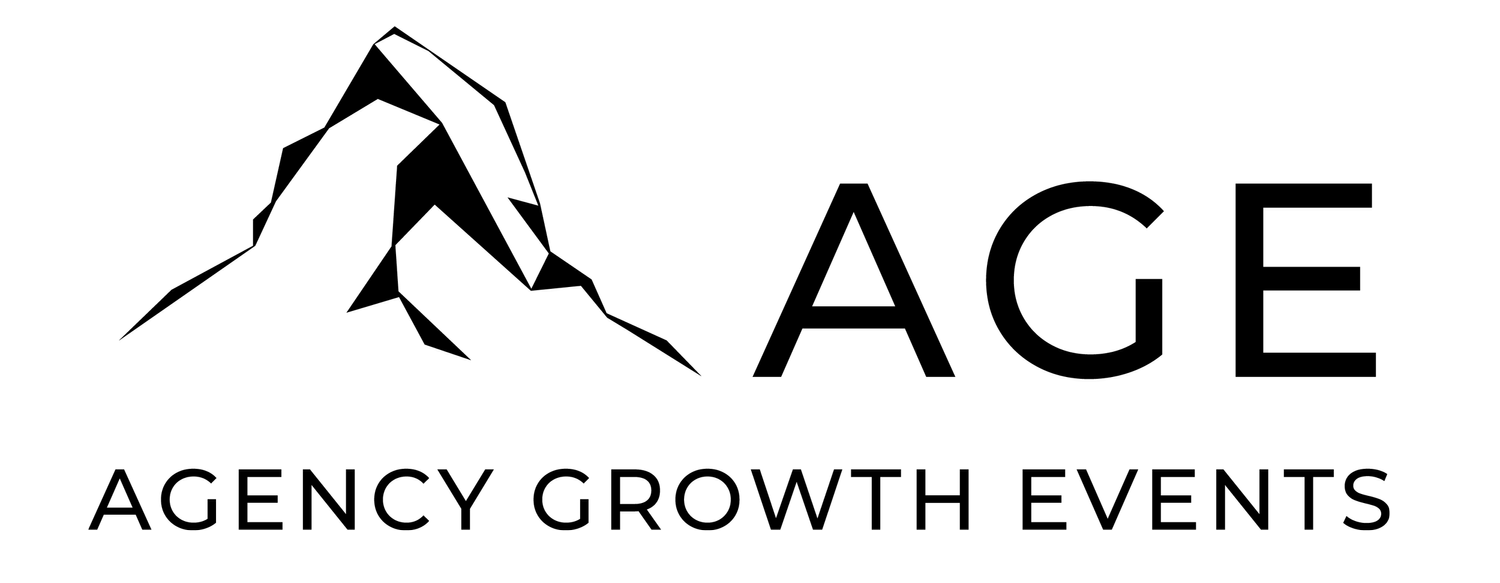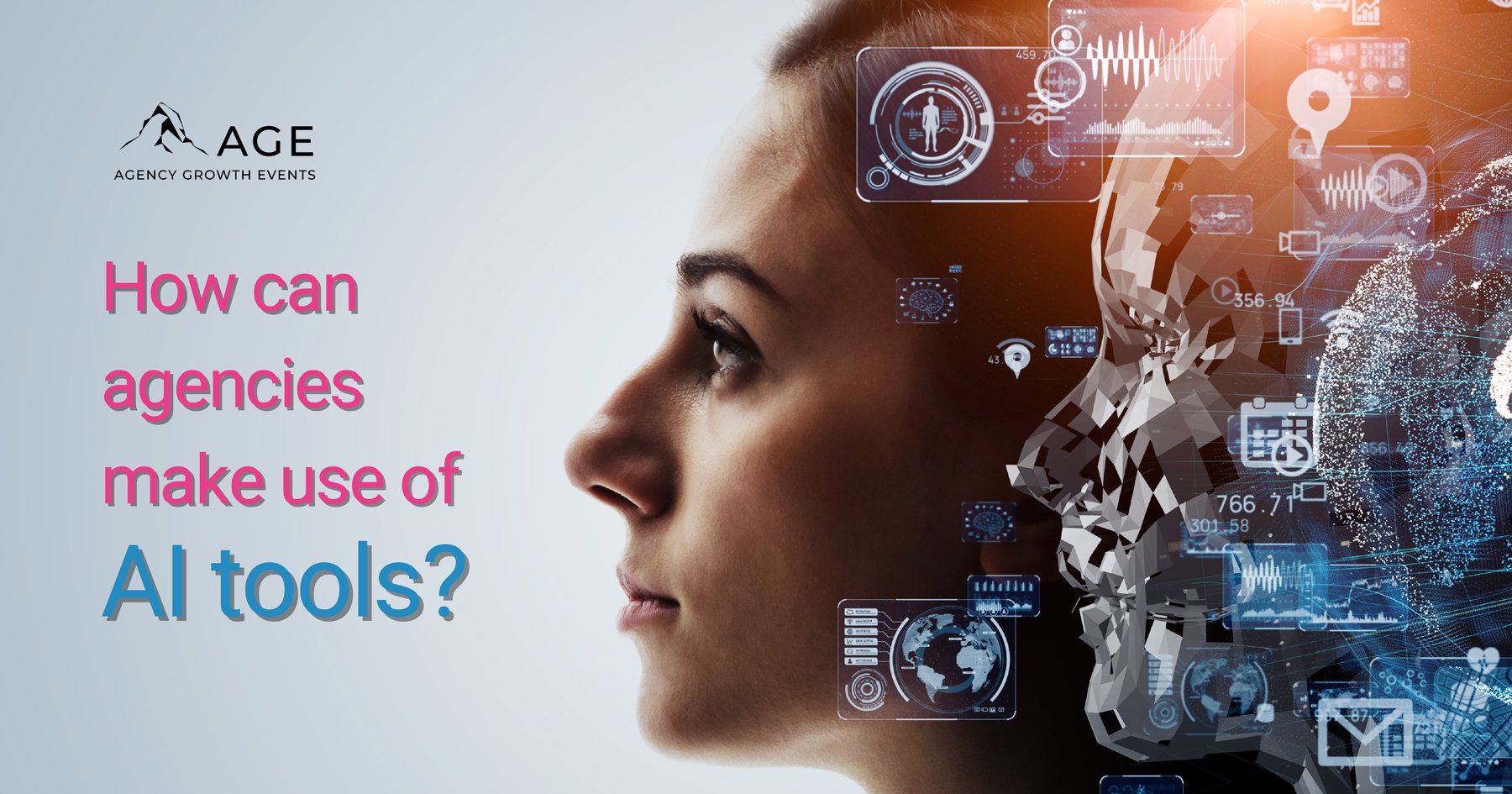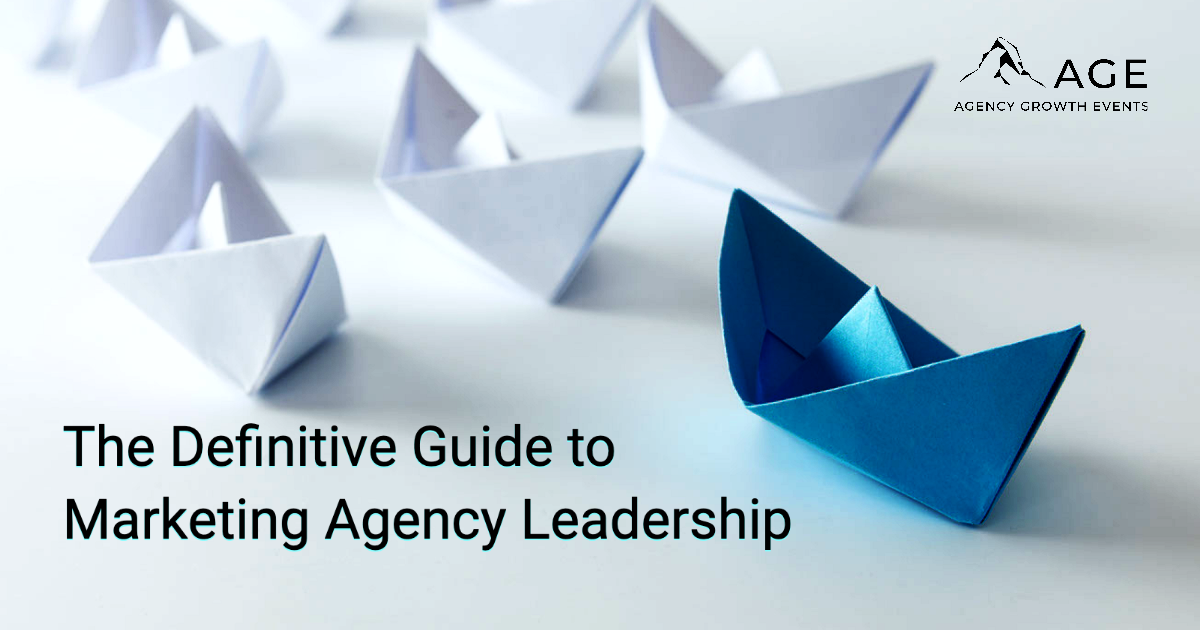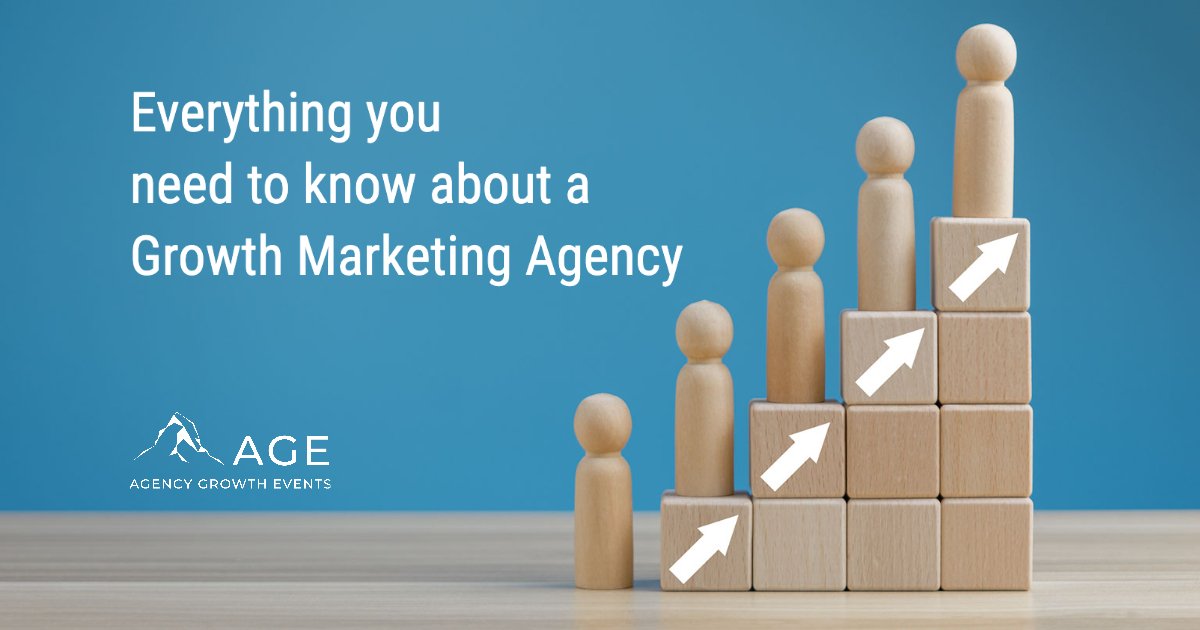It takes a village to grow…a Digital Agency
Using a community of peers will help you accelerate your growth.
You’ve heard the old saying “It takes a village to raise a child”? Well I believe the same is often true of the Digital Agency. Why Chris, why are you shoehorning a saying into something about Digital Agencies? Well, it’s because more than 70% of all Digital Agencies are owned, and run by one person*. One person building, growing and running an agency with the ups, downs, highs and lows is lonely. Not only is it lonely in the doing part, its lonely in the thinking part too.
How do you know if you’re making the right decision if there is nobody in a similar position to bounce it off of? How do you know if an idea is as good as it could be? How do you know if you’re even thinking about all the options? This is where Digital Agency peer group communities can help. In this post I’ll cover the types of communities, their pro’s and con’s as well as some good examples of what you can get from them.
Types of Communities Available to You
Facebook Groups
There are, probably, hundreds of Facebook groups out there dedicated to digital agencies. They can be a great way to access some help for free as well as a place where you already kind of know the way around.
Pro’s of Facebook Group Communities
1. The UX is known to pretty much everyone
2. They’re often free to access
3. Because everyone (almost) has the app, the speed of feedback is likely to be fast
Con’s of Facebook Group Communities
1. It’s hard to take content out of the community to use later (no simple file storage)
2. The ease of access can dilute the quality of the support with it being hard to know how helpful something might be from differing perspectives
3. The way content is stored and surfaced means you miss important things amongst other notifications and groups.
Slack Groups
Similarly to Facebook, lots of people in Digital Agencies know how to use Slack. The free nature of it also means it’s ‘easier’ to run a ‘community’ from it. It’s also chocked full of issues at scale…
Pro’s of Slack Group Communities
1. Similar to Facebook, it’s easy to start and run as the organiser, needing little thought in the set-up.
2. They are a little harder to access without an invitation but they are still pretty easy to become part of.
3. You can partition off parts of the community for different purposes.
Con’s of Slack Group Communities
1. They are almost entirely text and image sharing based which makes it hard to surface files that are shared or keep track of things after they have been.
2. The quantity of notifications can often be overwhelming and this slowly leads to muting people/channels/threads until the input you can provide or support you can get is diminished.
3. The nature of Slack is great for fast paced conversation but it’s very hard to keep a theme going without it splintering off into 1:1 conversation within the app.
Mastermind Groups
Mastermind’s have a good place in the building of an agency community from a deep-dive perspective. They offer small groups of people direct connection with each other and allow deeper relationships to grow. Masterminds are often in-person or online but scheduled in advance to a calendarised plan.
Pro’s of Mastermind Group Communities
A deeper relationship can help nurture more support from peers.
Focused sessions mean more depth and knowledge can be shared.
Longer-term relationships with peers means potential future business between you.
Con’s of Mastermind Group Communities
Sessions are often too spread over the year leading to limited opportunity for support outside of a session unless it’s 1:1
As sessions are spread over the year, if something comes up and you miss it, you miss it… at best you get an email with documents and limited context afterward.
The positive nature of the focused sessions can be a negative factor if you didn’t need to or want to talk about that session’s focus. Meaning you may wait a month or more to discuss over a whole day, something that’s not on your mind. Where sessions run to time, you may also not get to talk about the thing that was on your mind.
Bespoke Community Services
Having something always on, always accessible and always simple to use is by far the best way to give and get the most out of your peers. Being able to segment and support your peers in subset groups, with a platform that has a simple UX feeling to most users is a great way to share with people. Being able to share events, and support people in a simple way encourages more and more engagement, which further helps you grow your agency.
Pro’s of Bespoke Community Services
Super easy to navigate, share, and get involved with a gamified approach to helping people more, in a familiar setting.
24/7 365 “always on” means support on-tap but without the drawbacks of Slack, Facebook or Masterminds
Because they are bespoke, feedback from the community helps to improve the features or workings of the community. Whereas on the other platforms, you’re locked into something built for many many people.
They are, or should, still be free for Digital Agency leaders to access. They may sell additional services, but the agency leader shouldn’t pay for access.
Con’s of Bespoke Community Services
It’s another thing to be logged into and remember to access, similar to having to switch Slack workspace or Facebook Groups.
You need to be a part of it all in order to get the most out of it. Whilst this isn’t a ‘con’ so to speak, you need to commit time to adding value to others in order to get the support yourself. With an additional platform to log into, this needs to be considered.
Digital agency owners often operate in a vacuum, without access to support or guidance from their peers. This can make decision-making more risky and the outcomes less impactful.
Being part of a community of digital agency owners can help provide the calm voice in the room and the mirror to hold ideas up to. Helping your peers also feels good, when you’ve been there and can offer help to them. There currently is only one community that caters for the needs of Digital Agency leaders without many of the drawbacks of others. That is The OMG Center Community. You can check it out here, and apply to join in a few clicks…. It’s free too.
*data from LinkedIn audience research and demographics October 2022
This free ebook is packed with everything you need to know to grow your agency faster, including insights from world-class Agency coaches and technology and service providers. You'll learn how to scale and grow your agency sustainably, and find out the latest trends and best practices in digital agency growth.











